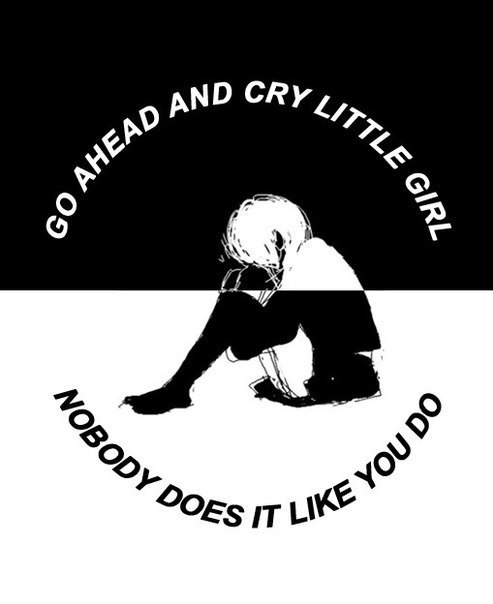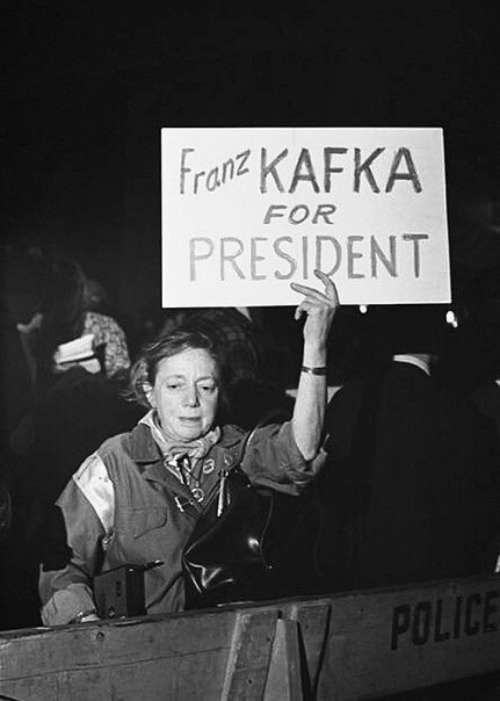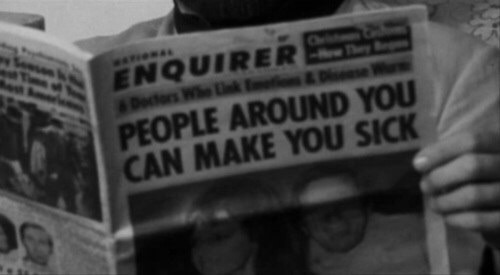#dead souls
Last night (or rather, early this morning) I finished reading Book I of Dead Souls. I’m really enjoying it. One thing that particularly stands out: Gogol’s metaphors. So many creative metaphors. They’re vivid, detailed to the point of digression, and the things he chooses to ground them in reveal a lot of subtle side details of his world. (Like comparing the color of the sky to a certain kind of soldier’s uniform, or Sobakevich and his wife’s faces to particular kinds of gourds, or the baying of Korobochka’s dogs to types of voices heard in specific musical settings.) This book feels like a case study in the art of implicit worldbuilding.
The surviving chapters of Book II feel noticeably less rich than Book I, almost skeletal in places. Less narrator voice, less side commentary on the state of the world, fewer metaphors, fewer folk expressions. Much more dialogue-heavy, to the point where I wonder if Gogol’s creative process was to write the dialogue first.
I really like Ulinka, and I am so sad we’ll never get to see the full shape of her intended character arc.
I may never be happy, but tonight I am content.
— Sylvia Plath, The Unabridged Journals of Sylvia Plath
Like two doomed ships that pass in storm
We had crossed each other’s way:
But we made no sign, we said no word,
We had no word to say;
—Oscar Wilde, The Ballad Of Reading Gaol.
And, though I was a soul in pain,
My pain I could not feel.
Oscar Wilde, The Ballad of Reading Gaol.
I told him I believed in hell, and that certain people, like me, had to live in hell before they died.
Sylvia Plath, The Bell Jar
Αχερων
Acheronwas the god of the underworld river and lake of pain. Charon ferried the souls of the dead across its dark waters in his skiff.
Post link




















